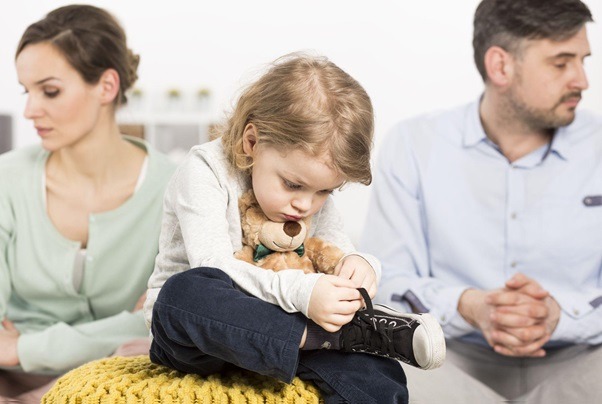Divorce is an emotionally draining time for any couple or family. The last thing the parties involved with is hiring family lawyers and going straight to court.
Unfortunately, since the introduction of the Family Law Act 1975 (which allows for no-fault divorce), the rate of separations has been high in Australia. The current divorce rate according to Australian Bureau of Statistics data sits at around 1.9 divorces per 1000 people.
So with so many people heading toward divorce, finding ways to manage this process is essential to avoid making an already traumatic time even worse. There are ways to mitigate the divorce process, with measures including:
Choosing The Right Family Lawyer
It can be overwhelming to see a lawyer for the first time, especially if you’re already going through the emotional strain of a divorce. This is why it is so important to hire the right family lawyer from the beginning.
Family law solicitors are important because they assist you in resolving conflicts through negotiation, mediation, and other forms of dispute resolution. Separation isn’t an easy decision for a couple, and it’s important to make both parties comfortable with the process.
Going to court should be the last resort for a divorcing couple – especially when children are involved. In addition to preserving the family unit, settling a dispute outside of court can reduce the emotional and financial costs of litigation. A good family lawyer will advise you to avoid protracted, unnecessary, hostile, inflammatory exchanges and focus your energies on achieving a swift, mutually beneficial outcome for all family members.
Find Mutual Ground When Talking With The Children
The last thing any couple wants is for their children to be hurt unnecessarily during the divorce proceedings. Discussing it with them can be hard, but there are some simple guidelines that parents can go by that will keep things as smooth as possible. They include:
- Discussing when and where to tell your children about your divorce with your ex-partner.
- Being honest and not making false promises.
- Speaking respectfully about the other parent.
- Determining the level of detail to be shared.
- Refraining from judging or blaming the other parent.
- Keeping your children out of fights or arguments with your ex-partner.
Providing The Right Support For Your Children
Your children are going to have many emotions and plenty of questions, no matter how inevitable the divorce may seem in the parents’ eyes. Depending on their age, they could be feeling emotions like sadness, anger, confusion, fear and anxiety.
They will often want answers immediately like where they will live, which parent they will live with, will they get to see their friends and stay in the same school? Even deeper, children may feel responsibility or guilt for the divorce even though it is not their fault.
It is vital to provide them with all the support and love that you can during this challenging process. Keeping established routines as intact as possible will be extremely helpful and ensuring they have a conflict-free environment is essential.
Every child is different and they can respond in different ways. Some may want answers immediately, others will want to process it in silence. It is important to recognise that you won’t have all of the answers straight away, just ensure that you are willing to listen to their concerns and feelings, respect them and provide the most honest responses that you can.
You will need more than one conversation to adjust to the separation or divorce – be open and communicate regularly. If you notice your children are suffering from the changes at home, you can contact Kids Helpline so they can speak to a counsellor free of charge or seek professional counselling in your area.
Seek Support For Your Individual Needs
As a parent, it can be easy to put your children first and neglect your own emotions and feelings during these difficult times. But you don’t need to shoulder that load on your own. Make sure that you:
Ask for help when you need it: Don’t be afraid to ask for assistance, since most people will be eager to help. If your feelings are affecting your everyday life, talk to a trusted relative or friend or to your doctor.
Put yourself in control of your life by making the right choices: Accepting that it’s over, not acting like a victim, being a positive example for your kids and other family members, and learning new skills might be some of the choices you can make.
There are support services available. Counselling, family dispute resolution, and family violence prevention are some of the services that can help you through separation and divorce. The Relationships Australia and Family Relationships Online websites offer a list of services, or you can call 1300 364 277 to reach Relationships Australia.

